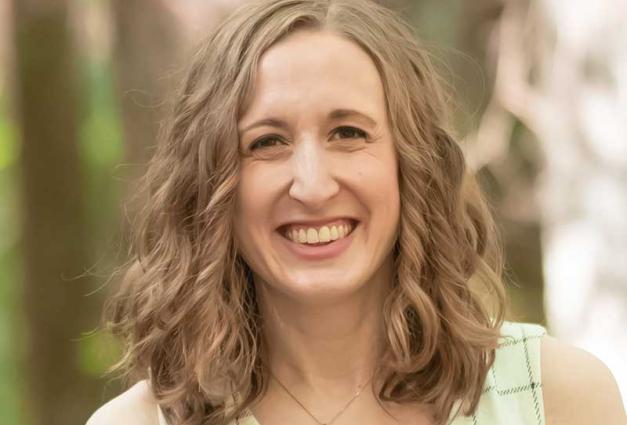Brian Nosek is a Professor at the University of Virginia and the Executive Director of the Center for Open Science. Dr. Nosek earned his degree from Yale University and has been a member of SPSP since 1997. More information about Nosek and his work can be found here.
Why did you join SPSP?
I am a social psychologist. How could I not?
What led you to choose a career in social psychology?
I was a computer engineering major until my 4th year of undergrad. I took some psychology courses "for fun" as a break from the engineering classes. My engineering grades started to drop as I spent all my time thinking about psychology. I decided psychology was the future, and computer engineering was not. It was the mid-90's.
Briefly summarize your current research, and any future research interests you plan to pursue.
I study the gap between values and practices. What we want to do versus what we actually do. My present emphasis is applying this general interest to scientific values and scientific practices. I am studying it with an emphasis on interventions - how can we better align our practices with our values?
What is your most memorable SPSP Annual Convention experience?
Sitting in a session listening to a speaker suggest that my colleagues and I were unethical for the research that we were doing on implicit bias. Perhaps that is not quite what you have in mind for this question - but it was memorable!
How has being a member of SPSP helped to advance your career?
It is important to have an identity that links me to a social group. I am a social psychologist. That helps me define myself.
Do you have any advice for individuals who wish to pursue a career in social psychology?
It is never risky to do the right thing. All theories are wrong in some important way, so don't get caught up in defending yours. The best person to take down your theory and replace it with something better is you. In writing, lead with the evidence, follow with the explanation. Explanations will change over time, evidence persists. Getting a positive result may be the key incentive in the present academic culture, but you may learn more from your negative results. Innovation blossoms from when our expectations are violated, not when they are confirmed. Find ways to share all your results, positive or negative, beautiful or ugly, and how you obtained them. Someone, perhaps your future self, will thank you later.
Outside of psychology, how do you spend your free time?
There is a common saying that one can have a job, a career, or a calling. For me, this work is a calling. I feel great opportunity and great responsibility to make a positive contribution to our field and to science. So, I don't perceive having "free time" - but that is not a complaint. It is just that I am motivated to use the time that I have to contribute to my discipline, be a good dad and spouse, and cheer hard for my brother's basketball team. Beyond that, there isn't much.


